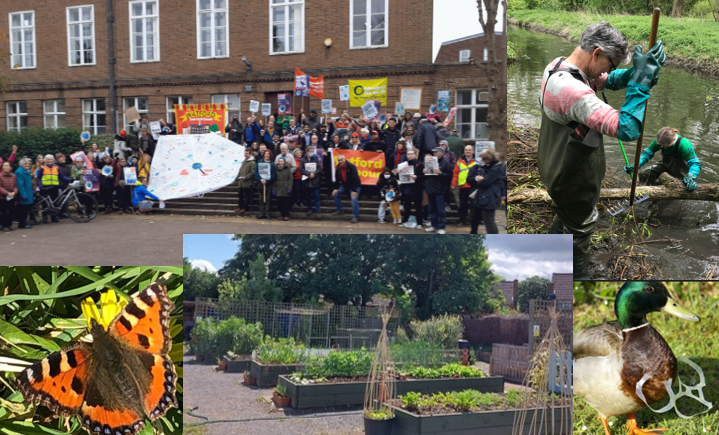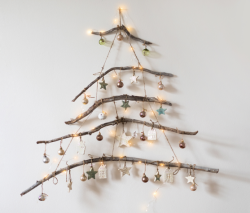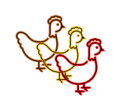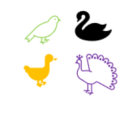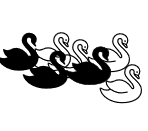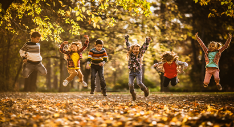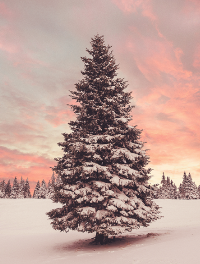As you may be aware Watford and Three Rivers Friends of the Earth (W3RFOE) have organised a Great Big Green Week over the last three years which has involved numerous local groups (Green Watford). Following conversations with these groups, and others, one requested action that constantly comes up is how great it would be to have a meeting where local green, sustainable and environmental groups can come together with the aim of:
- connecting different groups to share areas of synergy and potential collaboration,
- raising awareness of the breadth and depth of work that is undertaken across Watford, and
- sharing ideas and best practices to support the work we do.
To support these aims W3RFOE are hosting two “connections” meeting:
- one for Watford groups on the 8th November between 1900-2045 in central Watford, and
- one for Three Rivers groups on the 29th November between 1900 – 2045 in Croxley Green.
We would like to invite up to 2 people per group to attend, we hope you can make it. The meeting is aimed at groups whether micro local or branches of national bodies, whether voluntary or private sector – and across all green, sustainable and environmental sectors.
The venue details will be sent to confirmed attendees and refreshments will be provided, the venue is fully accessible. The agenda for the event will be confirmed 1 week in advance as the structure of the event will in part be dictated by the number and breadth of attendees, and the agenda will therefore be tailored to ensure groups and individuals get the most out of the meeting.
We hope this meeting starts conversations and supports you as organisations, and collectively as groups in Watford, work together and work smart to have the impact we all want and aim for.
If you are interested in attending either event please contact us at sustainableswherts@greenwatford.uk
